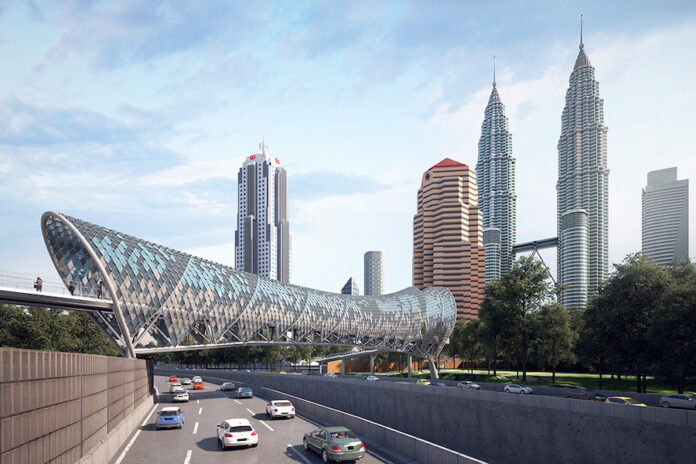KUALA LUMPUR, Oct 4 — The 2023 Budget, scheduled for tabling this Friday, should outline efforts to balance the gap in the development of infrastructure and basic facilities between the urban and rural areas.
Dean of the Faculty of Human Ecology at Universiti Putra Malaysia (UPM), Prof Dr Mohd Fazli Sabri said it was important to ensure the socio-cultural development of the people in the rural areas is in tandem with the people in the urban areas as it would also have an impact on the country’s economic well-being.
“We cannot run away that there are still rural areas that are lagging in basic facilities such as roads, housing, electricity and water supply, as well as Internet access.
“We can see this, especially in the interior of Sabah and Sarawak where residents still face communication problems, no street lights, dilapidated and damaged bridges, and no, or weak, Internet coverage,” he said.
Therefore, he said, the 2023 Budget needed to include improvement of basic facilities in rural areas to enable a more equitable distribution of wealth, while also facilitating local economic growth.
He said the government should make efforts and take immediate action to ensure that the people’s needs were met since basic facilities were the basic rights of every Malaysian.
He said it was also in line with the Rural Development Policy 2030, which aims to have 95 percent of rural residents enjoy basic amenities by 2025.
“When the basic facilities are complete, it will stimulate economic activities in the rural areas, including entrepreneurship and further develop the potential of rural products to a wider market,” he said.
A lecturer at the Centre for Government Studies, College of Law, Government & International Studies (COLGIS), Universiti Utara Malaysia, Associate Professor Dr Azlizan Talib said the government should help diversify economic resources in rural areas by offering support programmes for the people.
“Diversity in generating economic opportunities is necessary to overcome poverty and disparity and we are also aware of many potentials and prospects in the rural areas that can be exploited to the optimum for the benefit of the local population such as resources for tourism, small and medium industries and micro-entrepreneurship,” he said
On the Orang Asli community, Azlizan said the government should carry out more development in their settlements so that they, too, could enjoy the benefits of modernisation.
Azlizan, who is also a Research Fellow at the Research Institute for Indonesia, Thailand & Singapore, Ghazali Shafie Graduate School of Government, said that the government should provide the Orang Asli settlements with the necessary infrastructure facilities to make it easier for the people to find jobs.
“Rationally, this group is ready to accept change, especially the second and subsequent generations as they are more open-minded to reforms. This effort is important to preserve the uniqueness of the indigenous community,” he added.
















